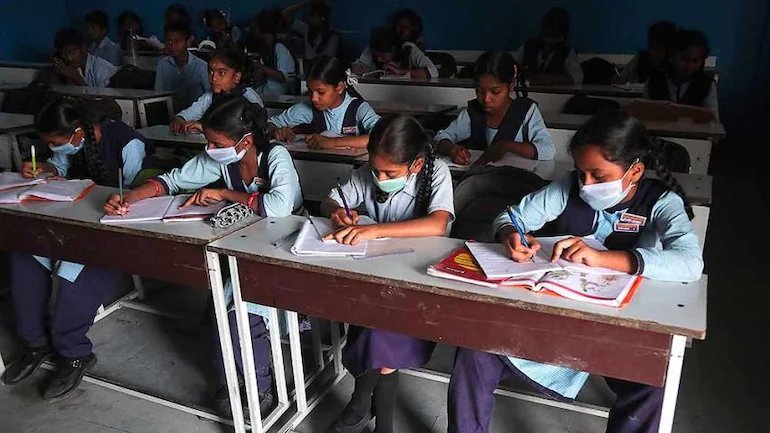The state of our education system has always been questionable – with the amount of pressure and the lack of practical skills, or any skills, for that matter. It’s almost panicky to see the ever-changing curriculum that cares about everything else except the people who have to actually deal with it – students.

There’s a new reform or proposal every other day, and stability seems so out of question. You could be learning something one day, and someone would dismiss the entire syllabus the next day. That’s quite what happened when the inputs were submitted by Karnataka for the National Education Policy (NEP).
It aimed at encouraging students to question “fake news” such as Pythagoras theorem and Newton’s apply ‘story’. While students do question the use of these concepts in real life – that’s majorly due to the lack of practical knowledge that they’re exposed to. And not because they think it is ‘non-existent’. Next, students will be told to question the ’roundness’ of Earth – that’s how we’re still debating flat-earthers.
The ‘position paper on knowledge of India’ proposed introducing Sanskrit and Manusmriti in the syllabus, which might be a valid subjective proposition. But, dismissing basic concepts that have made up most of the syllabus till now or calling them ‘fake news’ is, well, questionable.
As much as our society likes to dismiss ideas, calling them an ‘influence from the west’, the education system is not the same thing. We can easily incorporate the roots of the country, if needed, like studying the ancient numeral systems, without starting to dismiss other contexts. And it’s important to leave scope for the students to decide what’s justified, but there’s a fine line between that and totally calling a concept ‘invalid’.
Twitter has a lot to say about it, and they’re not good things.
It’s high time that the people in power make decisions that actually help students instead of further focusing on problems that do not exist. As far as the temperament of questioning is concerned, that can only be induced if and when students or people are ‘allowed’ to raise questions, which is far-fetched even today.
Read More: Facts Education